calsfoundation@cals.org
Mount Nebo State Park
| Location: | Yell County |
| Area: | 2984 acres |
Mount Nebo State Park, Arkansas’s second oldest state park, encompasses more than 3,000 acres on Mount Nebo, a flat-topped mesa that rises to a high point of 1,762 feet above the Arkansas River valley of west-central Arkansas, according to the U.S. Geological Survey. Roughly 100 acres of the park are on the tabletop portion of the mountain, the main destination of tourists visiting the area.
Called Magazine by the French because of its resemblance to a barn (but not to be confused with nearby present-day Mount Magazine), the peak was a prominent landmark for early navigation on the Arkansas River and was renamed Nebo sometime after the Civil War. Louis C. White of Dardanelle (Yell County) owned land around the springs on the Bench Trail, and according to local folklore, his wife named the mountain after the biblical Mount Nebo, from which Moses saw the Promised Land. Inhabited by white settlers since pre–Civil War years, the city of Mount Nebo was first laid out with streets and lots in the late 1800s.
The mountain became a popular resort in 1889 when the Summit Park Hotel was established on the mountaintop. It was a popular destination for the upper class nationwide, many traveling by steamboat on the Arkansas River to visit the mountain. At one point, the mountain was home to two hotels and up to 5,000 people who lived on the mountaintop as summer residents. Today, approximately fifty private residences are used full time or seasonally on top of the mountain, and many of the owners are descendants of families who lived on Mount Nebo from the late 1800s.
In 1918, Mount Nebo’s widely known reputation as a popular summer destination abruptly ended when the Summit Park Hotel caught fire and burned to the ground. Costs incurred by recent remodeling had left the hotel with no money for insurance. It was never rebuilt.
After the destruction of the hotel, the town of Mount Nebo remained. City amenities included gazebos, boardwalks, a post office, a doctor’s office, a bowling alley, and a local telephone exchange. Residences were owned mostly by local families of Dardanelle. Some were used year round, but as time went by, the popularity of the mountain decreased.
In 1924, Mount Nebo became the first town on record in Arkansas to have an all-female government. At that time, the women’s rights movement had just struck. Empowered, the women of Mount Nebo saw many changes needed in the town that the male city council members were not enacting. At reelection time, the women ran for office, in some cases against their husbands, brothers, and fathers. A female mayor and a female city council were elected in April 1924. During their time in office, the women made many improvements, but their efforts were not enough to bring more people to the mountaintop.
In 1926, in efforts to re-popularize the mountain, the Dardanelle Chamber of Commerce proposed to make Mount Nebo a state park. Many of the delegates attending the Sixth National Conference of State Parks that year were summer residents of Mount Nebo and in favor of the idea. The first step in instituting the state park was for the State Park Commission to acquire the land. A call for donations of land was made, and in 1928, a deed of 500 acres owned by the state due to delinquent taxes was handed over to the commission. In addition, the state negotiated for 800 acres close to the base of the mountain, which were owned by the Missouri-Pacific Railroad. After 1929, and through the Great Depression, even more land was acquired due to delinquent taxes. Mount Nebo State Park became Arkansas’s second state park in 1928. Private ownership of land within the park boundaries remains today.
Victorian-style architecture was typical to the park until the 1930s, when logs and stones from the mountain were used by the Civilian Conservation Corps (CCC) to construct most of the trails, cabins, bridges, and a large pavilion. These CCC structures were turned over to the state park system when the CCC disbanded from Mount Nebo in 1935.
Today, park facilities include a visitor center, rental cabins, a campground with twenty-four campsites and bathhouse, ten primitive hike-in campsites, picnic sites, a large group pavilion, a standard group pavilion, an amphitheater, a swimming pool, playgrounds, tennis courts, and a ball field. The park has fourteen miles of hiking trails, and the mountain’s bluffs and steep slopes also make it a popular destination for hang-gliding enthusiasts. Hayrides are given on the mountaintop roads, as well as on the Bench Trail, which circles the mountain below the bluffs and affords views not only of the park’s plant and animal life, but also remnants of homes from the 1800s. Sunrise and Sunset points are popular places for sightseers and photographers. In July 2019, the park completed the first phase of its Monument Trail cycling network, with the second phase completed the following year.
Seasonal interpretive programs take place from Memorial Day to Labor Day. Many of the special events planned by the park staff carry on the tradition of what has historically taken place on the mountain—dances, a Victorian Christmas open house, an Easter sunrise service, and ice cream socials. The most popular events are the Mount Nebo Chicken Fry, usually in September, and the spring and summer hang-gliding fly-ins, usually in April and August.
Mount Nebo State Park is about seven miles west of Dardanelle on Arkansas Highway 155.
For additional information:
Arkansas State Parks–Mount Nebo. http://www.arkansasstateparks.com/mountnebo/ (accessed July 21, 2023).
Banks, Wayne. History of Yell County, Arkansas. Van Buren, AR: Press-Argus, 1959.
Robinson, Bob. “Riding High.” Arkansas Democrat-Gazette, July 13, 2020, pp. 1D, 6D.
Staff of the Arkansas Department of Parks and Tourism
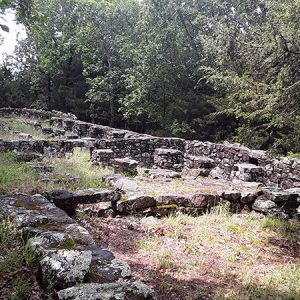
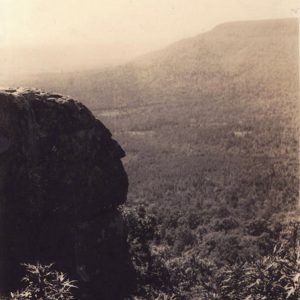
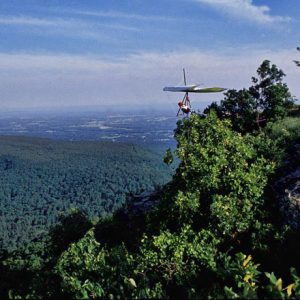
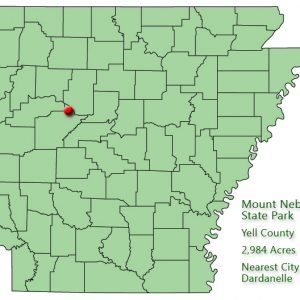
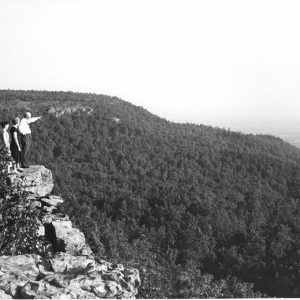
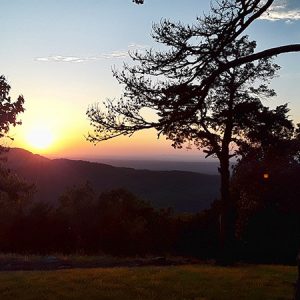
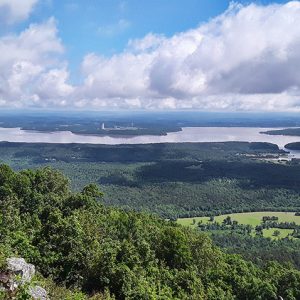
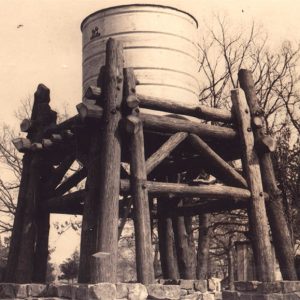
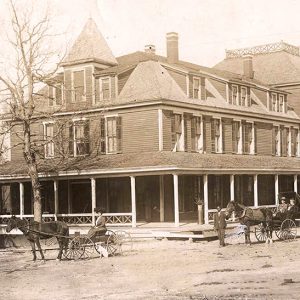




A beautiful park.